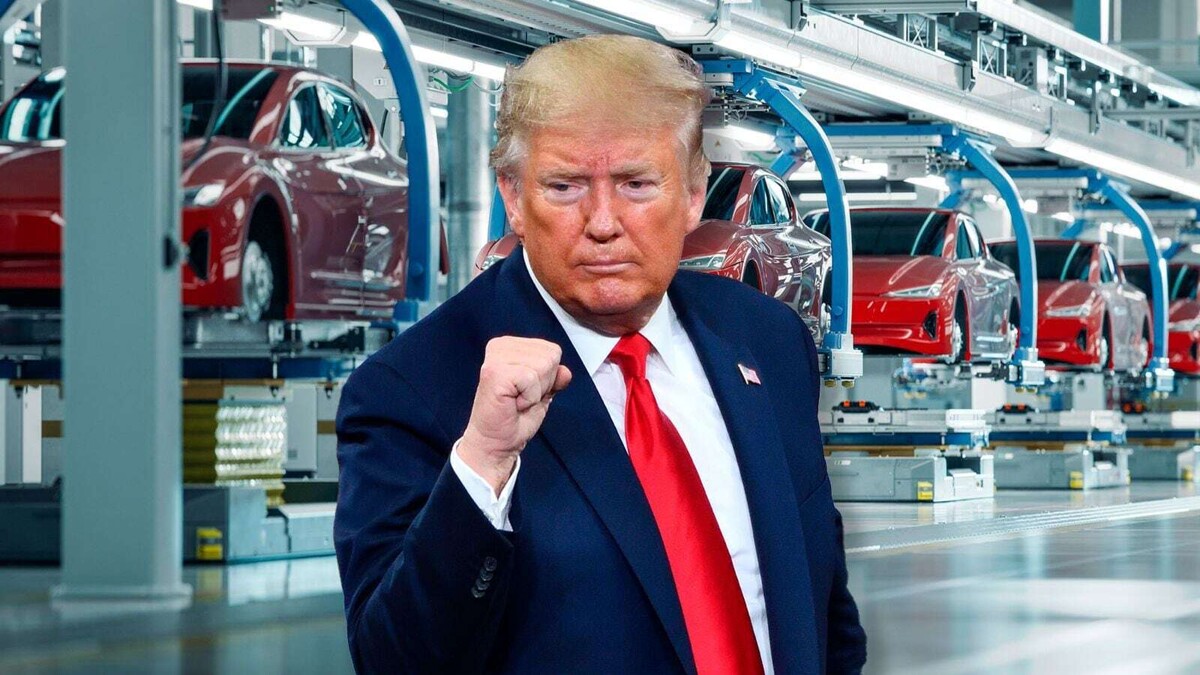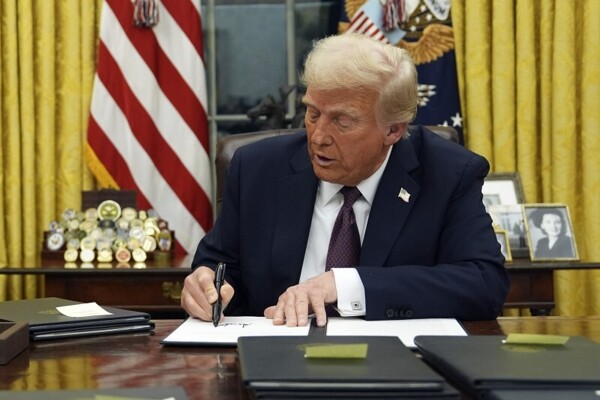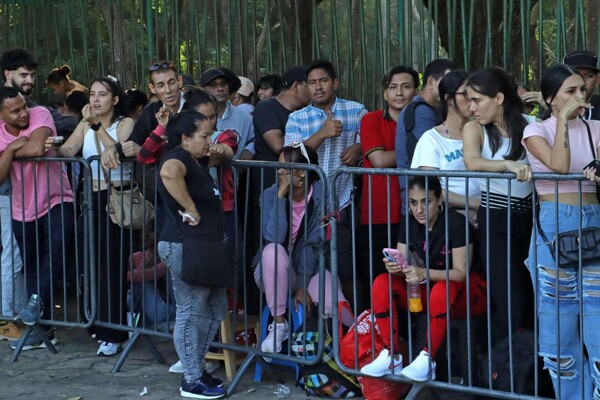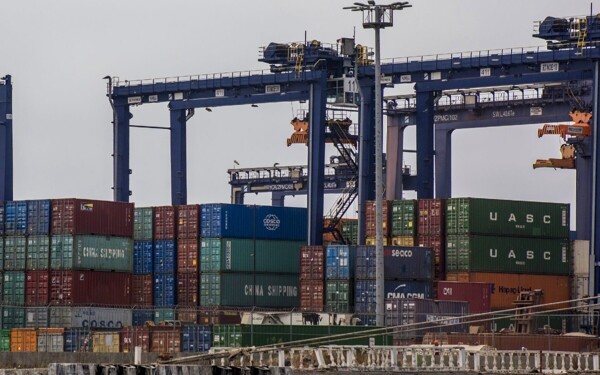
In the industrial warehouse industry in Mexico, Mercado Libre stands out as the company with the highest absorption, reaching 6 million square feet. Additionally, the company has plans for 2 more warehouses in the state of Hidalgo. Silvia Gómez, leader of the industrial analysis team at Datoz, mentioned that the incentives published by the federal government as part of the Mexico Plan could be beneficial for attracting national and foreign companies, countering the tariffs imposed by Trump.
Regarding the tariffs of up to 25% imposed by Donald Trump on products from Mexico and Canada, a possible effect on investments and absorption of industrial warehouses in various areas is anticipated, particularly impacting sectors such as automotive and manufacturing. Although new investments in the industrial real estate sector are expected to be pressured, capital outflows or project cancellations are not anticipated, but adjustments in key regions like Bajío are expected.
Silvia Gómez explained that despite the implications of the tariffs, investment in Mexico will not stop, although decisions may be made with more caution and time. It is projected that nearshoring will continue until 2025, with a greater impact seen in certain regions and industrial sectors. In 2024, the absorption of square feet of industrial warehouses in Mexico decreased by 14.8% due to the uncertainty generated by elections in Mexico and the United States, as well as Trump’s threats.
Despite the challenges, sectors such as e-commerce and logistics have maintained their growth, showing resilience against trade threats and government changes. Silvia Gómez suggests that if Mexico continues to be attractive to other nations, this factor could have a positive impact on the industry and investments in the country.














